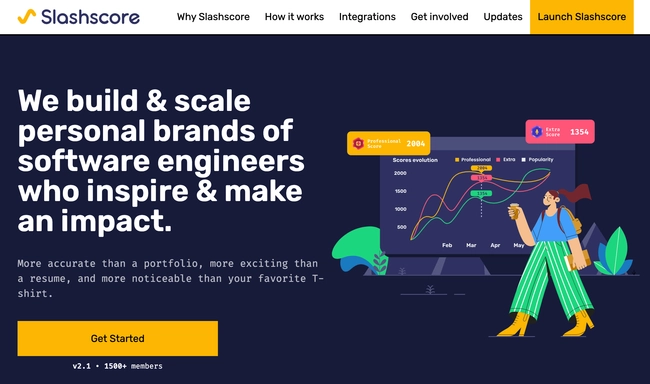Introduction
Artificial Intelligence (AI) is a remarkable technology that empowers computers to perform tasks that traditionally required human intelligence. It encompasses key psychological skills like learning, reasoning, and self-control.
In recent years, AI has made significant strides in the field of software development, leading companies like Amazon, Apple, and Microsoft to integrate AI into the Software Development Life Cycle (SDLC).
This integration aims to enhance efficiency and agility throughout the development process. The SDLC encompasses crucial phases such as requirements analysis, design, development, testing, and implementation, all aimed at guiding software engineers to create top-quality software through a structured approach.
The Impact of Artificial Intelligence on Each Stage of the Software Development Life Cycle
Requirement Analysis
The advent of AI has reduced the need for extensive human involvement in the design phase, accelerating the requirements-gathering process. Natural Language Processing (NLP), a prominent AI technique, enables computers to comprehend and process natural language just as humans do.
This breakthrough has significantly expedited the requirement analysis phase while allowing developers to gain insights into user preferences more efficiently.
Software Design Stage
AI technology has revolutionized the software design stage by addressing complex operations and offering efficient solutions.
Innovations such us Uizard leverage AI capabilities to generate editable mockups from simple screenshots, or to transform your hand-drawn wireframes into digital designs.
These advancements have introduced more sophisticated and interactive user experiences, elevating the overall software design process.
Software Development Stage
AI-assisted coding has become a game-changer, significantly speeding up time- and resource-intensive procedures. Software engineers can now write and interpret code more quickly, thanks to AI tools. These tools also facilitate the generation of documentation, code snippets, and the description of requirements using natural language.
Leading AI coding tools like OpenAI Codex and Tabnine have gained popularity, empowering developers by predicting and generating code.
Additionally, AI applications such as GitHub Copilot and BugLab play a vital role in efficiently identifying and resolving code flaws, ensuring the development of high-quality software.
Software Testing Stage
AI-based testing provides developers with numerous benefits, including faster and continuous testing, complete automation without human intervention, enhanced test stability, reduced maintenance time and costs, and improved Return on Investment (ROI).
The integration of AI into testing has resulted in advanced platforms like QMetry that leverages AI to optimize testing processes by eliminating duplicate test assets, promoting reuse, and enhancing test management, test automation, and communication.
These advancements contribute to more efficient and effective software testing.
Deployment Process
During the deployment process, AI algorithms, especially those powered by Machine Learning, play a crucial role in enhancing software usage and minimizing risks.
Software engineers can leverage AI-powered insights to identify potential issues and ensure smoother deployments, minimizing the chances of critical failures.
The Present and Future Impact of AI in Software Development
The introduction of AI has brought remarkable improvements in performance, speed, and design within the software development landscape. However, AI’s capacity to think creatively and generate innovative solutions is still in its nascent stages.
Human software engineers continue to play an essential role in driving innovation, critical thinking, and decision-making, ensuring the effectiveness of software development. The software industry has witnessed substantial investments in AI, with approximately 80% of major companies embracing this transformative technology.
Cloud-based development is gaining prominence, and user experience remains a key focus area. With AI as a valuable tool, software engineers can automate tasks, detect errors more efficiently, and create software that is not only efficient but also accurate and user-centric.
Conclusion
The integration of Artificial Intelligence into the Software Development Life Cycle has revolutionized the way software is designed, developed, tested, and deployed. From requirements analysis to software testing, AI technologies have significantly improved the efficiency and effectiveness of each stage.
While AI continues to evolve, human developers will continue to drive innovation and provide critical thinking capabilities to ensure the development of impactful and high-quality software solutions.
As the software industry embraces AI, it is poised to witness further advancements, empowering developers to automate tasks, improve error detection, and create exceptional software experiences for users.
So, are you ready to navigate the constantly changing world of software development in the AI era? Join us on this exciting journey, as we blend imagination, technical skill, and AI to shape the future of software solutions.



